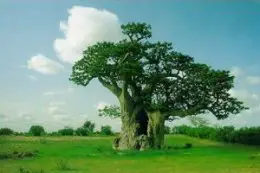The Niger-Congo language family usually has different languages branching from it. Wolof is a member of its Senegambain branches. There is an estimated seven million Wolof speakers Mauritania, Gambia, France, Guinea, Mali, Senegal, Mali and Guinea-Bissau. In Senegal there are six national languages including Wolof. The first evidence of the written dialect was in an Arabic Script, this version was referred to as Wolofal. The older men of Senegal prefer to use this version. In 1974, the Latin alphabet was used to create the Wolof orthography; this is the official script that is used in Senegal.
In 1961, Assane Faye devised a Gray alphabet. There are some instances in which people use the artist’s alphabet instead of the Latin one. When using written word you are supposed to write from right to left. This requirement was adopted from the Arabic script. The Wolof speakers seem to agree that it is not easy to teach the language. Trying to learn this dialect has been equated to learning Swahili. It is a very complex language that does not have any tight conventions. In addition, Wolof can be described as more of a spoken language than a written language so the spellings used may differ. Even people who are enthusiastic about learning Wolof have a hard time getting a good command of the language. But, with the right resources you will be able to communicate with the locals effectively.
When you want to greet someone in Wolof it is Asalam Malecum. The people of Senegal enjoy a tea that is called Attaya. Once in the country you have to indulge in the national dish that consists of rice and fish, order the delicacy in Wolof by asking for Ceebu jen. A fishing boat is called Gaal while Caucasians are known as Toubab. The letter C- is pronounced as ‘ch’ since it is borrowed from the French while ‘R-’ should roll off your tongue. Non-speakers find it hard to correctly pronouns the sound ‘ng-‘. You should articulate the ‘g’ sound while adding the ‘n’ to the word before the letter. For instance, Fan nga joge? becomes Fann ga joge? This means ‘Where do you come from?’
